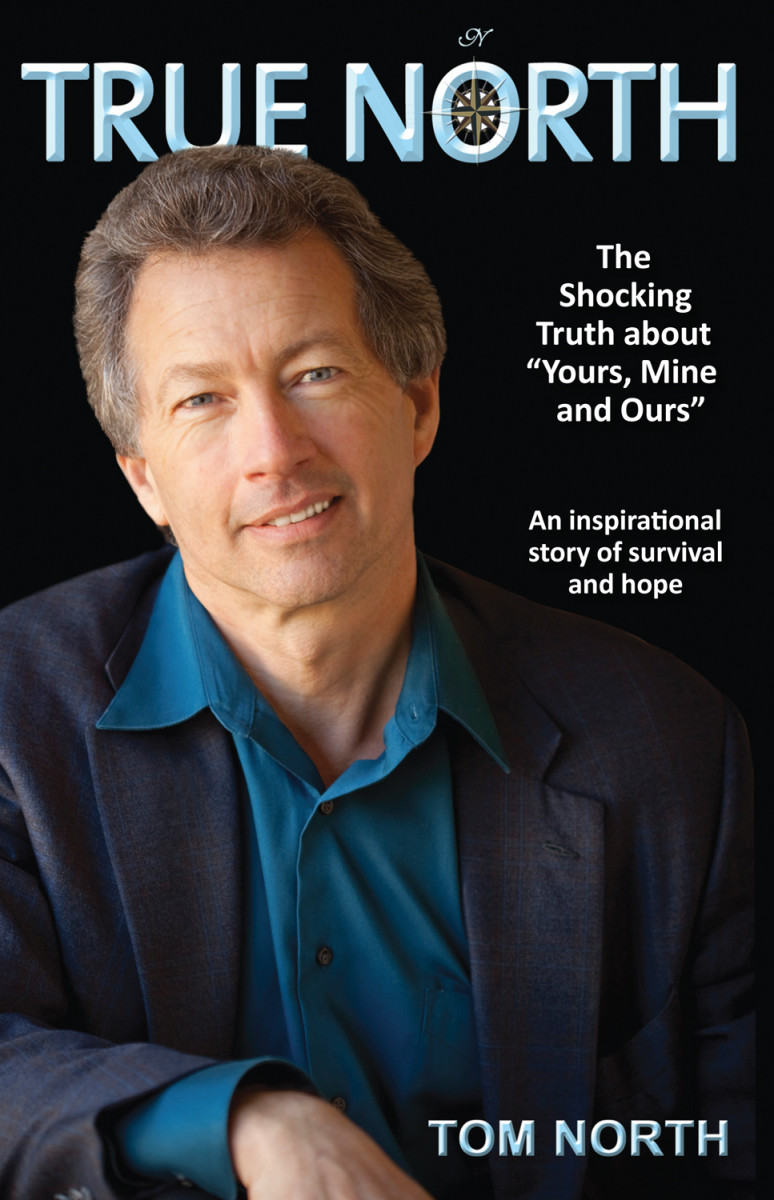My Fascination With Exile Literature

My interest in the theme of exile began with a course called The Human Experience of Exile. Suddenly, aspects of life that had previously seemed confusing or indefinable seemed to make sense when viewed within the context of exile. I gained a much overdue insight into the frustrations of my father, who left his native Ireland shortly after I was born, as well as a better sense of my own identity.
My father’s exile had left an imprint on our family life, especially on myself as the eldest child, and the only one not born in America. I could now better understand why little things in my family just felt “different” than in the homes of my friends. Why I always felt torn between an ideal of “Americanized,” and something else that I did not entirely understand, something that my father wanted me to be, but that I had no model for. Why, when I spoke to Irish relatives they always asked when I was coming, not to Ireland, but “Home.”
In my teenage and young adult years, when faced with the obligatory experiences of teen angst, loneliness, leaving home, the pain of my first heartbreak, and later the harsh and often painful realities of the world after losing the protective insulation of childhood, the breath of exile took a sharper intake. It was a rather vague feeling, something that buzzed about in the back of my head, unable to germinate into the seed of a coherent thought, that is, until I unwittingly stumbled upon to the idea of exile.
Who Is Permitted Exile?
The concept of exile gave a meaning and form to feelings that had previously been private, relatively inaccessible and inexpressible. The thought gave me comfort, yet also left me feeling perplexed. What right have I to lay claim to something as big, as tragic, as potentially life-shattering as exile? I thought. Who am I to say that I– relatively privileged especially in comparison to my family’s previous generations– have experienced exile. I have not set out alone to an alien country, without knowledge of language and custom, felt the pain of starvation, or walked half of America on the Trail of Tears. Eventually I concluded to myself, though not without a degree of unease, that to use the metaphor of an “inside exile” does not take away from the atrocities of history– it merely places them on opposite ends of a continuum.
The Language of Exile
Whether this reasoning was justified or not, the fact remained that discovering the language of exile had given me a tool with which to understand my own life experience. As I began to study that language, I started to recognize it within my reading in new places and unexpected ways. Soon I was seeing examples of exile everywhere. Becoming more fluent in this language of exile, I began to suspect that all people undergo some form of it, at some point within their life.
As my interest in exile coalesced into more serious research upon the subject, I noticed an interesting set of reactions when I brought it up. Upon the confession that I was attempting to compile an “anthology of exile,” I would sometimes get a boisterous laugh, as in the case of my father: “Exile! I’m in exile. Write about me!” Other times it would be a quieter affirmation, a leaning in with the head and confiding in a low tone, “I’m in exile, you know.” More often than not, upon hearing "exile," the people with whom I spoke already had their own relationship with the term.
Exile as a Universal Theme
To speak of exile as a universal theme is not meant to diminish the impact of the stories of those who have suffered extreme, devastating, or torturous forms of exile. It simply accounts for some of the reasoning why we are drawn towards these narratives, this literature that often articulates a high degree of pain and sorrow. Beyond the awe and terror that sufferings far greater than we can ever imagine evoke within us, there is still something palatable and relatable in these experiences.
“We are exiles from our mother’s womb, from our childhood, from private happiness, from peace, even if we are not exiles in the more conventional sense of the word,” says John Simpson in The Oxford Anthology of Exile. “The feeling of looking back for the last time, of setting our face to a new and possibly hostile world is one we all know. It is the human condition; and the great upheavals of history have merely added physical expression to an inner fact” (Simpson vii). On a small, personal scale, the concept of exile helps to explain the workings of our own hearts. There is a glimmer of exile present in our own lives with which the theme of exile illuminates and draws to the surface.
Exile as Individual Experience
To write of exile is to write of the way that each individual has endured, suffered, lived and lost, including the wisdom, beauty, and poetry that has sprung forth, or conversely, been painfully dragged, from this experience. The literature of exile spans periods, epochs, genres, nationalities, existing not as a category in and of itself, but as a component of many, a theme that captures the imagination and preoccupies the minds of authors and readers alike. To consider the theme of exile adds dimension and meaning to literary work, just as it adds scope and understanding to human life and experience.
To some degree, there is a certain element of romanticism within exile literature; at times it weaves a language of almost mythic intensity. From Dante to Victor Hugo, Victor Frankl to Milan Kundera, we read the writings of exiled writers and weep, and then rejoice when home, happiness, and belonging are found at last. There is something in the literature of exile that speaks to us all, whether we have experienced exile in our own lives, in that of our families, or not at all. Despite this universality, exile remains a highly personal subject, charged with a language that is emotive, lyrical, and poetic, and one that lends toward a literature that intimately focuses on individual experience, even when that experience is a part of a group or collective story of exile.
More Hubs About Exile
- Beauty and the Beast as an Exile Narrative
Variations of the familiar fairy tale Beauty and the Beast exist in cultures around the world. While the details may differ, the common thread is a courtship and marriage of a human woman with an animal... - Quotes About Exile
The experience of exile is more common than we would think, touching lives in innumerable ways. To become adept with the language of exile is to recognize both ends of the spectrum, the large-scale atrocities,...
Good Exile Reads









